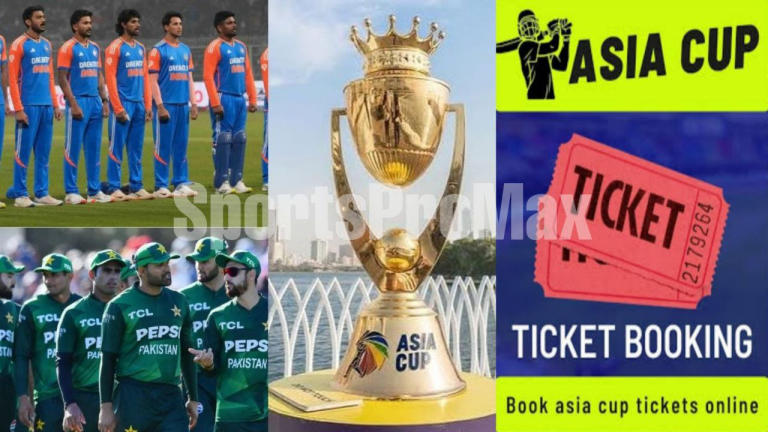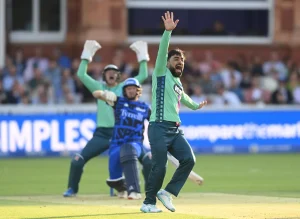IPL 2026 Trade Window: Over the past few IPL seasons, the buzz hasn’t stopped with the final ball of the tournament; the player-trading window has added plenty of drama in the months that follow. Although this trade system has existed since 2009, franchises have recently shown a greater willingness to strike deals, and players’ preferences are now playing a bigger role in transfers.
One of the most notable examples came just two years ago, when Gujarat Titans skipper Hardik Pandya made a high-profile return to his first franchise, Mumbai Indians, for an undisclosed sum. This year, the early headline is Rajasthan Royals captain Sanju Samson reportedly being open to a move, with Chennai Super Kings emerging as the most likely destination.
With the 2026 mega auction still months away, we could see more big names in the rumor mill. Here’s a complete guide to how IPL trades work.
How the IPL Trade Window Works
The IPL’s trade system enables teams to reconfigure their squads between seasons, either to free up budget space or to acquire a player they believe will make a significant difference next year.
IPL 2026 Trade Window: Key Facts
| Detail | Information |
|---|---|
| Timeline | Opens a month after the season ends, closes a week before the auction. Reopens after the auction and runs until a month before the next season. |
| Types of Trades | One-way (player for cash) or two-way (player-for-player). |
| Approval | All deals must be cleared by the IPL governing council. |
| Current Context | The 2026 auction is still months away, so behind-the-scenes talks are in full swing. |
One-Way Trades (Player for Cash)
In this format, one team pays a transfer fee to another to acquire a player.
For example, if CSK signs Sanju Samson, they would pay Rajasthan Royals a negotiated sum. RR would then have Samson’s ₹18 crore salary removed from their budget for the 2026 auction, freeing up funds for new signings. Samson’s contract terms would stay the same, but he’d switch from pink to yellow.
While every franchise has the same official purse, there’s no limit on the size of the transfer fee. Wealthier teams can therefore offer large sums to tempt rival franchises into selling players, and these amounts aren’t publicly disclosed. Players can agree to take up to a 50% cut in their IPL salary during a trade, but this is optional.
Two-Way Trades (Player-for-Player)
In this scenario, teams swap players directly. If one player is valued higher than the other, the team receiving the more expensive player may add extra cash to balance the deal.
Example: CSK could send two players to RR in exchange for Samson, with an additional payment to bridge the gap in value.
Rumored Deals for IPL 2026
| Player | From Team | Rumored Destination |
|---|---|---|
| Sanju Samson | RR | CSK |
| KL Rahul | DC | KKR / CSK |
| Devon Conway | CSK | GT |
| Ishan Kishan | SRH | MI |
| Venkatesh Iyer | KKR | SRH / RCB |
Notable Trades in IPL History
| Player | To Team | Year | Transfer Fee |
|---|---|---|---|
| Hardik Pandya | Mumbai Indians | 2024 | ₹15 crore |
| KL Rahul | Royal Challengers Bengaluru | 2016 | Not disclosed |
| Cameron Green | Royal Challengers Bengaluru | 2024 | Not disclosed |
| Kevin Pietersen | Delhi Daredevils | 2012 | Not disclosed |
| Ravichandran Ashwin | Delhi Capitals | 2020 | Not disclosed |
ALSO READ: CPL 2025 Team Lineups: Retained Stars, Complete Squads & Streaming Platforms
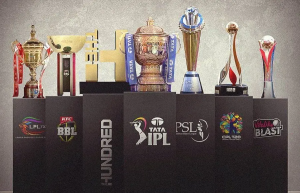
![Top Legendary Cricketers Who Retired Without a Farewell [Updated 2025] 2 Top Legendary Cricketers Who Retired Without a Farewell [Updated 2025]](https://sportspromax.com/wp-content/uploads/2025/08/image-300x200.webp)

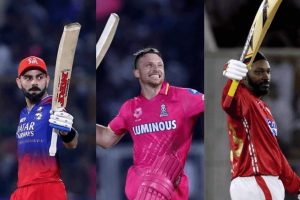
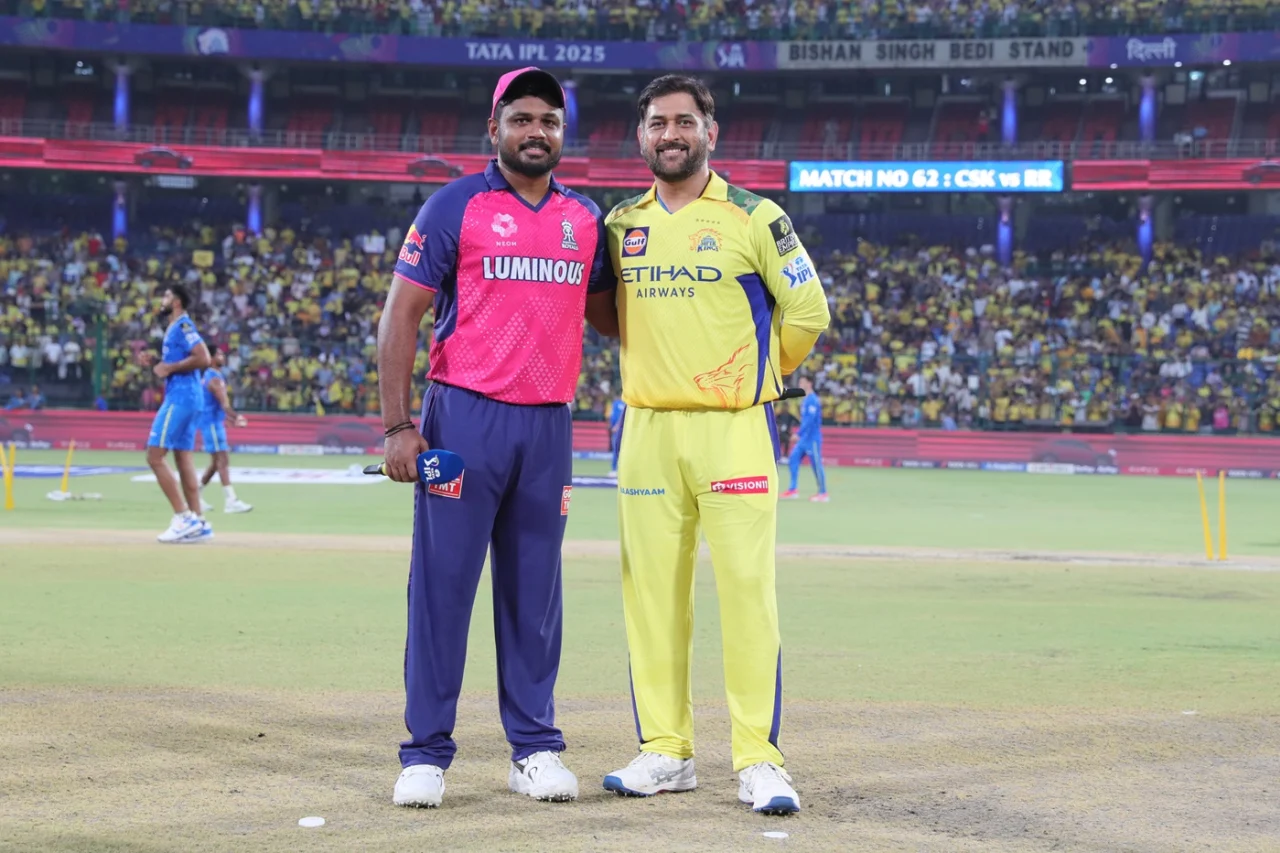
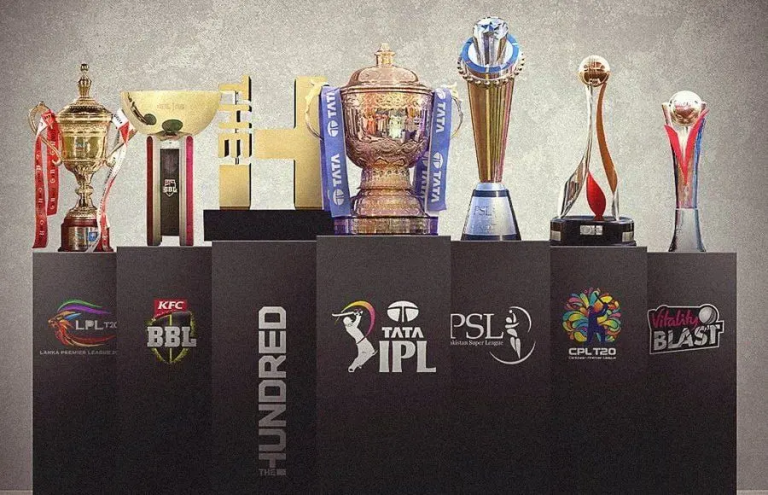
![Top Legendary Cricketers Who Retired Without a Farewell [Updated 2025] 7 Top Legendary Cricketers Who Retired Without a Farewell [Updated 2025]](https://sportspromax.com/wp-content/uploads/2025/08/image-768x512.webp)
